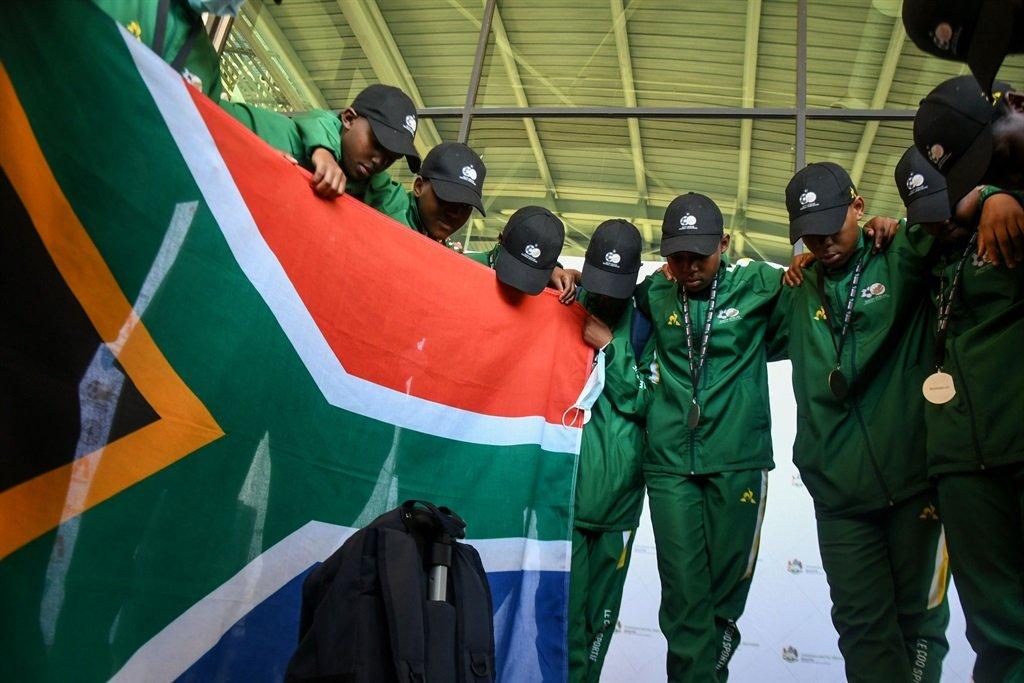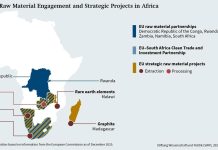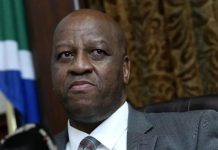Africa-Press – South-Africa. Twenty-eight years on from 1994, we have experienced both hope and betrayal. But betrayal by the old system and its players has birthed a new system of endless hope and possibility, writes Mmusi Maimane.
Fifty-four years ago, shortly after Ghana became the first African country to gain independence, Ayi Kwei Armah wrote his debut novel entitled The Beautyful Ones Are Not Yet Born. The story follows a young, unnamed man’s uncomfortable struggle in coming to terms with living in his home country, which had just gained independence.
In a sense, with independence came uncertainty and vulnerability, the story goes. As Professor Neil Lazarus puts it, “the novel’s overarching narrative of hope and disillusion embodied its own determinate contradictions, patently: its story of revolutionary nationalism and the rising up of the powerless; then of the betrayal of hope”.
South Africa’s hope for a brighter future
Then of the betrayal of hope
. That’s the kicker, and that’s where South Africa finds itself almost three decades after our own liberation from the clutches of evil power.
South Africa followed the post-independence journey of most African countries. A long, arduous fight for freedom and independence, after which South Africans, by and large, outsourced their agency to the liberation movement turned political party – the African National Congress (ANC) – to achieve that freedom in real terms.
Betrayal of hope moment
But, 28 years on and we’ve hit the “betrayal of hope” moment, and this provides a once in a generation opportunity to seize the moment and usher in the second transition of power in South Africa.
The frustration has reached fever-pitch as more and more South Africans are opting out of the democratic project we stably and successfully negotiated in the early 90’s. Dissatisfaction with the status quo is evidenced at the voting polls, where more citizens choose not to vote than those who do.
Rampant unemployment, crime, corruption, and the lack of basic services allow South Africans to begin thinking outside of the ANC, post-liberation paradigm and towards a new way. This is why I not only believe in South Africa, but I believe that this moment is when the tide turns in favour of our nation and its people.
Adriaan Basson | No jokes – SA is a country of heroes without capes
And the moment is buttressed by many enabling factors.
Firstly, the global rise in young people who are active participants in discourse and economies. Soon Africa will have a median age of 23 and its biggest value producer will be its people. Having more young people in the room means we can think differently about the future, setting aside tradition and culture in favour of progress.
Secondly, activism outside of formal political structures is on the rise in South Africa. From Gift of the Givers to Community Policing Forums to Komani for Me, citizens are reclaiming the power they once outsourced to political parties. With frustration comes activation, and communities are banding together to plug the gap left vacant by the failing and outdated political class. There is hope because we don’t have to rely on liberators and politicians.
Thirdly, the world is more connected than ever before. Young people have access to ideas, innovation, and technology from the youngest of ages. Tech as a disruptive force for positive change means having access to best practice from all over the world. It allows young people to find similarities across race, culture, gender, and nationality – something the generation before them wouldn’t have had.
Move away from nationalism
Lastly, young people are seeking new transitions outside of the old formations of nationalism. Whether Afrikaner nationalism, African nationalism or British nationalism, young people today do not identify primarily within these social structures. This allows fluidity within society – a key ingredient for social change.
These winds of change are blowing through the SADC region of our continent. It began in Malawi, it then moved to Zambia. Next year change will come in Zimbabwe and then, finally, South Africa will follow this trend of change in 2024. And it will be young people at the forefront.
Adriaan Basson: Let’s dim the failed state rhetoric
In contrast to the suggestion in the title of Ayi Kwei Armah’s novel, all evidence shows that the beautyful ones have been born. They’re among us and they’re reshaping our country as we speak. They are young, intelligent, innovative, energetic, and unable to be neatly boxed into the social categories of old.
Twenty-eight years on from our independence moment, we have experienced both hope and betrayal. In this moment, betrayal by the old system and its players has birthed a new system of endless hope and possibility.
This is why I believe in South Africa and know that its best years are about to come.
-Mmusi Maimane is the leader of One Movement South Africa.
Do you have a good news story you want to share? E-mail
For More News And Analysis About South-Africa Follow Africa-Press






